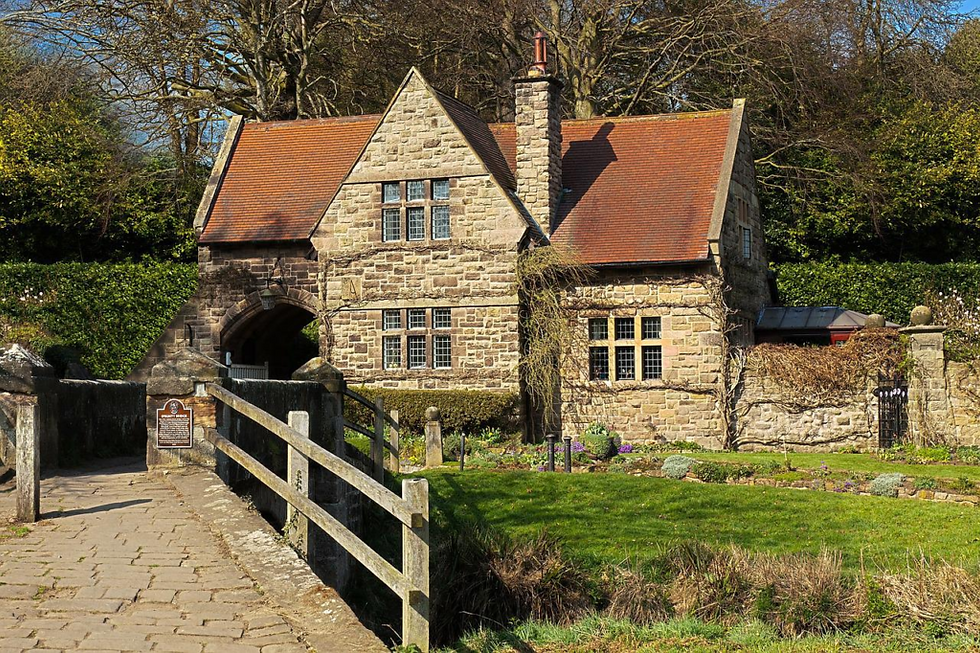Do You Have to Inform Land Registry When Someone Dies in the United Kingdom
- Probate online
- Aug 24, 2023
- 3 min read
Losing a loved one is an emotionally challenging time, and amidst the grieving process, there are numerous practical matters to attend to, including legal and financial obligations. One such consideration is dealing with property ownership and notifying the Land Registry in the United Kingdom when someone passes away. In this article, we'll explore the circumstances in which you need to inform the Land Registry about a death and the steps involved in this process.
Informing the Land Registry: When is it Necessary?
Whether or not you need to inform the Land Registry about a death depends on the specific situation, such as the deceased's role in the property ownership and the type of property owned. Generally, the Land Registry needs to be informed if:
The Deceased Owned the Property Solely: If the deceased owned a property solely in their name, then their death needs to be registered with the Land Registry. This is crucial to update the ownership records.
The Deceased Owned the Property as Tenants in Common: In cases where multiple individuals co-own a property as tenants in common, the deceased's share of the property would be subject to their will or the laws of intestacy. Informing the Land Registry is important to ensure accurate property ownership records.

However, if the property is jointly owned as joint tenants, the property ownership automatically passes to the surviving owner(s) without the need for Land Registry notification.
Steps to Inform the Land Registry:
Gather Necessary Documentation: Before informing the Land Registry, gather essential documents such as the death certificate, the will (if applicable), and any other relevant legal documents.
Obtain a Grant of Probate or Letters of Administration: If the deceased owned the property solely or as tenants in common, you will likely need to apply for a Grant of Probate (if there is a will) or Letters of Administration (if there is no will). These documents grant you legal authority to manage the deceased's estate, including property matters.
Fill Out the Correct Form: The appropriate form to inform the Land Registry of a death is the "Death of a Proprietor" form (form DJP). You can download this form from the official government website or obtain a copy from the Land Registry.
Provide Required Information: The form will require details about the deceased, the property, and the nature of the ownership. You'll also need to attach copies of the death certificate and the Grant of Probate or Letters of Administration.
Submit the Form: Send the completed form along with the necessary documents to the Land Registry. You can do this online or by post, following the instructions provided on the form.
Pay the Fee: There is usually a fee associated with updating Land Registry records. The fee amount and payment instructions can be found on the Land Registry's website or the form itself.
Await Confirmation: After submitting the form and fee, the Land Registry will process the information and update the property records accordingly. You will receive a confirmation once the records have been updated.
In Conclusion:
Informing the Land Registry about a death is an important step in the process of settling a deceased person's estate, especially concerning property ownership. Accurate property records are crucial to ensure smooth inheritance processes and to prevent potential legal issues in the future. If you're unsure about the specific requirements or procedures, seeking legal advice or consulting with a solicitor who specializes in probate and property matters can provide clarity and guidance during this challenging time.




Comments